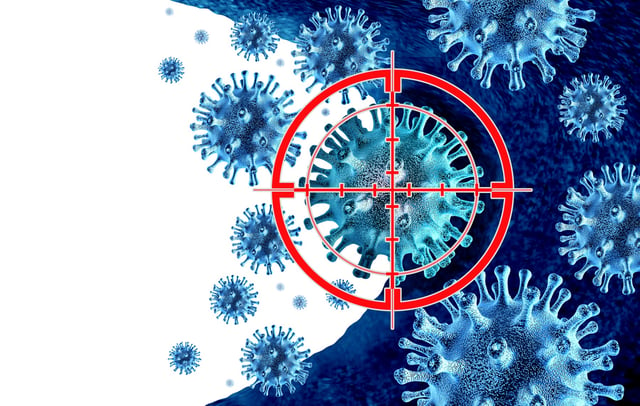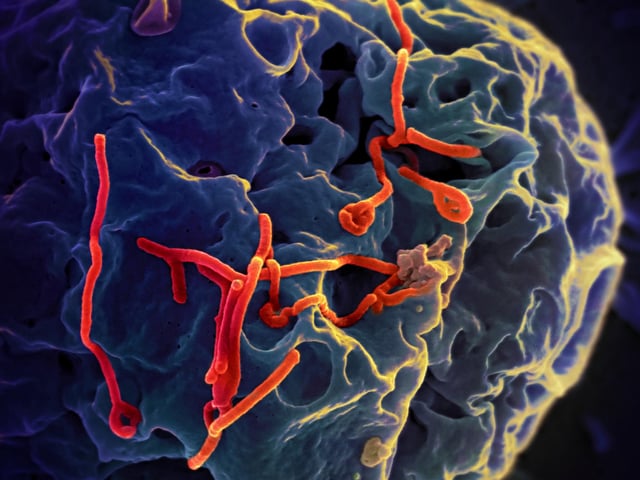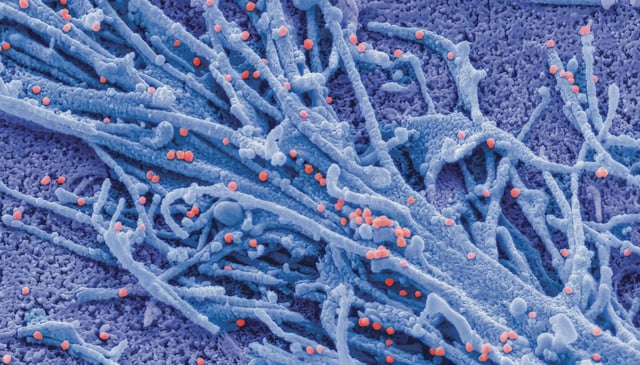Overview
- The peer-reviewed Science Advances paper details synthetic carbohydrate receptors that bind conserved N‑glycans on viral envelopes to block entry.
- Screening 57 candidates produced four leads that impeded infection by Ebola, Marburg, Hendra, Nipah, SARS‑CoV‑1 and SARS‑CoV‑2 in primate cell assays.
- In SARS‑CoV‑2 mouse studies, a single dose of a lead compound yielded 90% survival versus none in controls, with separate tests showing no toxicity at high doses.
- Binding analyses indicated selectivity for fucosylated tri‑ or tetra‑antennary N‑glycans common on viral surfaces, though potential host effects need clarification.
- The researchers report expanded testing to additional viruses and target initial clinical trials around 2028, while outside experts warn about possible resistance and uncertain breadth.


